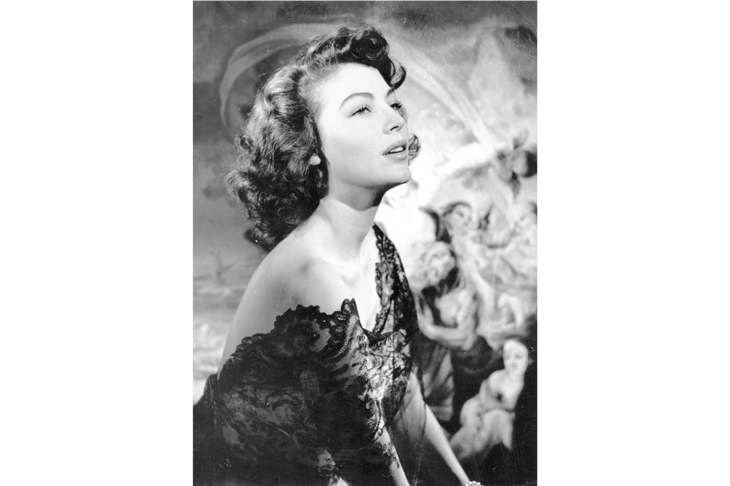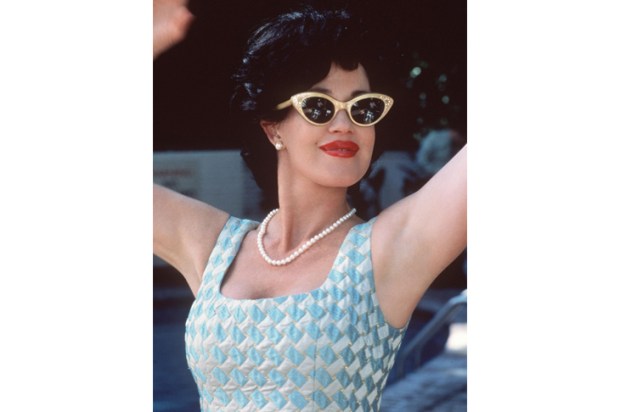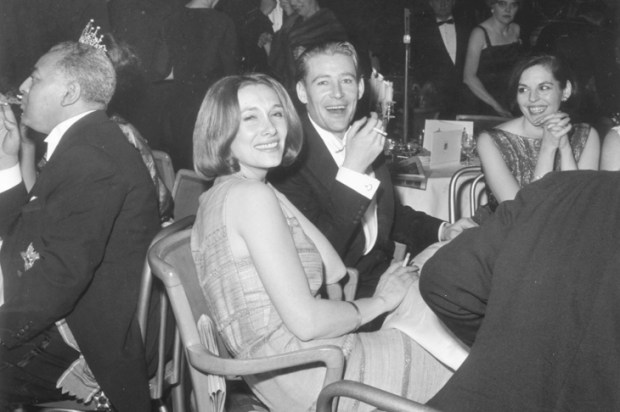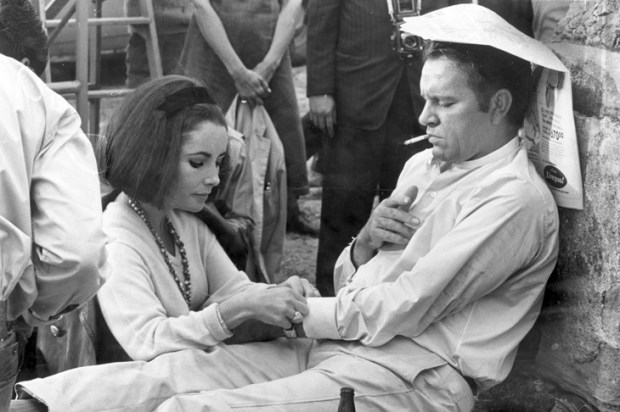The aftermath of Australia Day seems like an appropriate time to watch On the Beach, for a belated first time, given that Stanley Kramer’s 1959 vision of the world-annihilating fallout from a nuclear war is probably the most famous film ever made in Australia and it is available on the streamer Stan along with a smattering of vintage films ranging from Psycho to Some Like It Hot.
On the Beach is not on par with any of these but it is something. According to legend it was the occasion for Ava Gardner to declare that Melbourne was ‘the perfect place to make a film about the end of the world’ (though the remark is said to be the invention of The Sun journalist Alan Stewart, among others.)
On the Beach derives from the novel by Nevil Shute, adoptive Australian and author of other bestsellers like A Town Called Alice. A couple of years ago Text republished On the Beach in a hardback edition in navy blue and white, so handsome it made you try to read it. So, too, did the introduction by Gideon Haigh, who seriously argued that On the Beach was the great Australian novel.
It isn’t — there’s far too much old style blokeish preoccupation with the details of engineering — but it is one of the greatest Australian stories. And you could remotely imagine it transfigured by a director of genius, a Kubrick or even a Spielberg.
Stanley Kramer does not do this but On the Beach, filmed in brilliant black and white, is a worthy, unswervingly serious look at the horrors of mutually assured destruction with the grandest possible cast and with a sustained homage to Melbourne — to the orchestrated theme of endless variations of ‘Waltzing Matilda’–– as the last citadel of American civilisation in the far-off South Seas.
Gregory Peck plays a submarine commander whose wife and children have died in the radioactive fallout in Connecticut. In Melbourne, a young Australian naval officer — played by Anthony Perkins of Psycho fame who manages six out of ten downunder vowels — is concerned about his nervy wife and they throw a party for Peck to which they invite Ava Gardner, a boisterous woman who drinks men under the table and does her best to get them into bed. Elsewhere there is an old Aussie admiral and his adored female assistant with whom he has a final glass of sherry. Oh, and there’s also the figure of Fred Astaire as a nominally British scientist who speaks in ‘Sideshow Bob’ American and suggests ‘Albert Einstein’ when he’s asked who’s to blame for the holocaust that’s ending everything. He is as Australian-sounding as any of the imports and the finely etched performance by one of the greatest dancers in history has an élan equal to the plot twist by which this drunken rocket scientist hopes to end it all in the sumptuous Ferrari he races in so he can go out like a sportsman.
It’s all rather moving in its stately melancholic way, full of a sense of fragilities shared. Peck is noble and inward, Gardner is exhilarating as she tosses life down like serial martinis with tremendous erotic and emotive charge, Perkins is quiet and charming, Astaire a study in ruined style.
There are sly touches of sexual gusto in a bottom-smacking 1950s way and there is an uncannily elegiac and intense evocation of Flinders Street station with its clocks, trams and street vistas magnificently captured despite the horses that sometimes appear in lieu of cars.
There’s a party chorus of rough-voiced, beer-swilling big cold thirsters singing ‘Waltzing Matilda’ over and over until — finally and heart-thumpingly — these voices give way to those of trained singers, plangently poised, when they come to ‘You’ll never catch me alive’ and then, with an eeriness that carries the weight of the film’s anti-nuclear burden, ‘And his ghost may be heard…’.
The touch of religion, of a life hereafter, comes when a Salvation Army speaker addresses a crowd under the banner, ‘There is still time.’ At film’s end, when Melbourne is deserted of human life and the grid of its streets is a depopulated memory, the camera goes back to linger in close-up on the phrase that suggests all this is not inevitable.
Got something to add? Join the discussion and comment below.
Get 10 issues for just $10
Subscribe to The Spectator Australia today for the next 10 magazine issues, plus full online access, for just $10.
You might disagree with half of it, but you’ll enjoy reading all of it. Try your first month for free, then just $2 a week for the remainder of your first year.














Comments
Don't miss out
Join the conversation with other Spectator Australia readers. Subscribe to leave a comment.
SUBSCRIBEAlready a subscriber? Log in